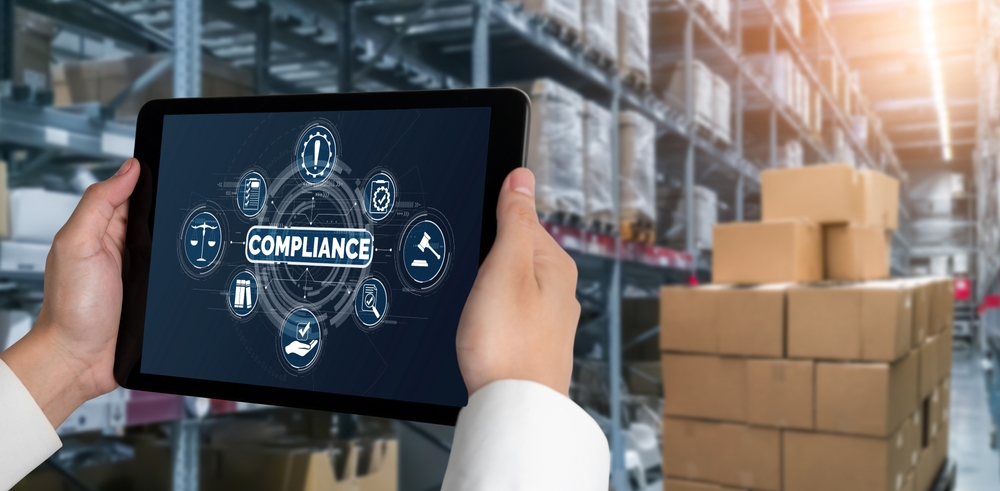There are endless factors that impact how global and national supply chains operate, including the ever-changing economy, shifts in consumer behavior, and our increasing reliance on technology and automation. Evolving government regulations also play a prominent role in supply chain operations, and this is nothing new. But as we continue to combat supply chain disruptions caused in part by the ripple effects of the pandemic, government oversight has only increased.
The Motor Carrier Act of 1935 brought trucking under the control of the Interstate Commerce Commission (ICC). This was fueled in part by the lobbying efforts of the railroad companies, which were losing business to the trucking industry. For decades, it was nearly impossible for new trucking carriers to enter the business, and squabbles between competitors over tariffs also stifled the industry. It wasn’t until the early 1980s that deregulation led to an explosion of new carriers as well as a rapid increase in intermodal transportation.
But the industry faces new challenges. As a result of pandemic-fueled supply chain disruptions, President Biden in 2021 announced the creation of the Supply Chain Disruption Task Force, a whole-of-government approach to assessing vulnerabilities in, and strengthening the resilience of, critical supply chains. Through this effort, the Administration and the Task Force committed to focusing on four key areas of the supply chain:
- Housing construction
- Transportation
- Agriculture and food
- Semiconductor chips
Headed by the Secretaries of Commerce, Transportation, and Agriculture, the goal of the Task Force is to bring experts together to identify and address supply chain constraints. In some instances, this could mean enacting new or revising existing supply chain government regulations to ensure they are operating safely and efficiently. As the industry continues to move beyond the pandemic, its effects will still be keenly felt in many sectors.
Staying Abreast of New Regulations
For many supply chain managers, keeping up with changing government regulations can be a daunting task. A recent research study showed that 56 percent of carriers and 47 percent of shippers wish they had more visibility into government regulations and more guidance on the impact of these regulatory changes on their operations.
Numerous recent regulatory updates should be high on the radar of all supply chain and logistics leaders. For example:
- Slave-Free Business Certification Act – Reintroduced in 2021, this Act would require businesses with annual, worldwide gross receipts exceeding $500 million to conduct annual audits of their supply chains to detect any use of forced labor and to report any findings to the government.
- US Securities and Exchange Commission (SEC) Amendments – In March of 2022, SEC proposed amendments to its rules regarding cybersecurity risk management. The amendments would create new reporting guidelines and obligations on material cybersecurity incidents in an effort to lower potential damages that can occur from such data breaches.
When new government regulations are enacted or existing ones are changed, supply chain managers may find themselves scrambling to ensure compliance. However, not all government regulations and new laws make supply chain operations more burdensome — some are introduced for the industry’s benefit. The bipartisan Infrastructure Investment and Jobs Act will bring significant investments in our national supply chain infrastructure. It includes strategies to reduce long-term inflation and allocates construction dollars for repairing roads and bridges as well as expanding ports and airports.
Supply chains are the backbone of our economy, and government regulations can help ensure that they run efficiently and ethically — but can also create headaches for supply chain leaders. It is vital that managers keep a careful eye on their operations for compliance.
Companies committed to compliant and streamlined supply chain operations use iGPS plastic pallets for all their shipping needs. Our lightweight, recyclable plastic pallets can help reduce harmful emissions and lower your Total Cost of Business. For more information, contact us at 1-800-884-0225, email a specialist at switch@igps.net, or visit our contact page.



